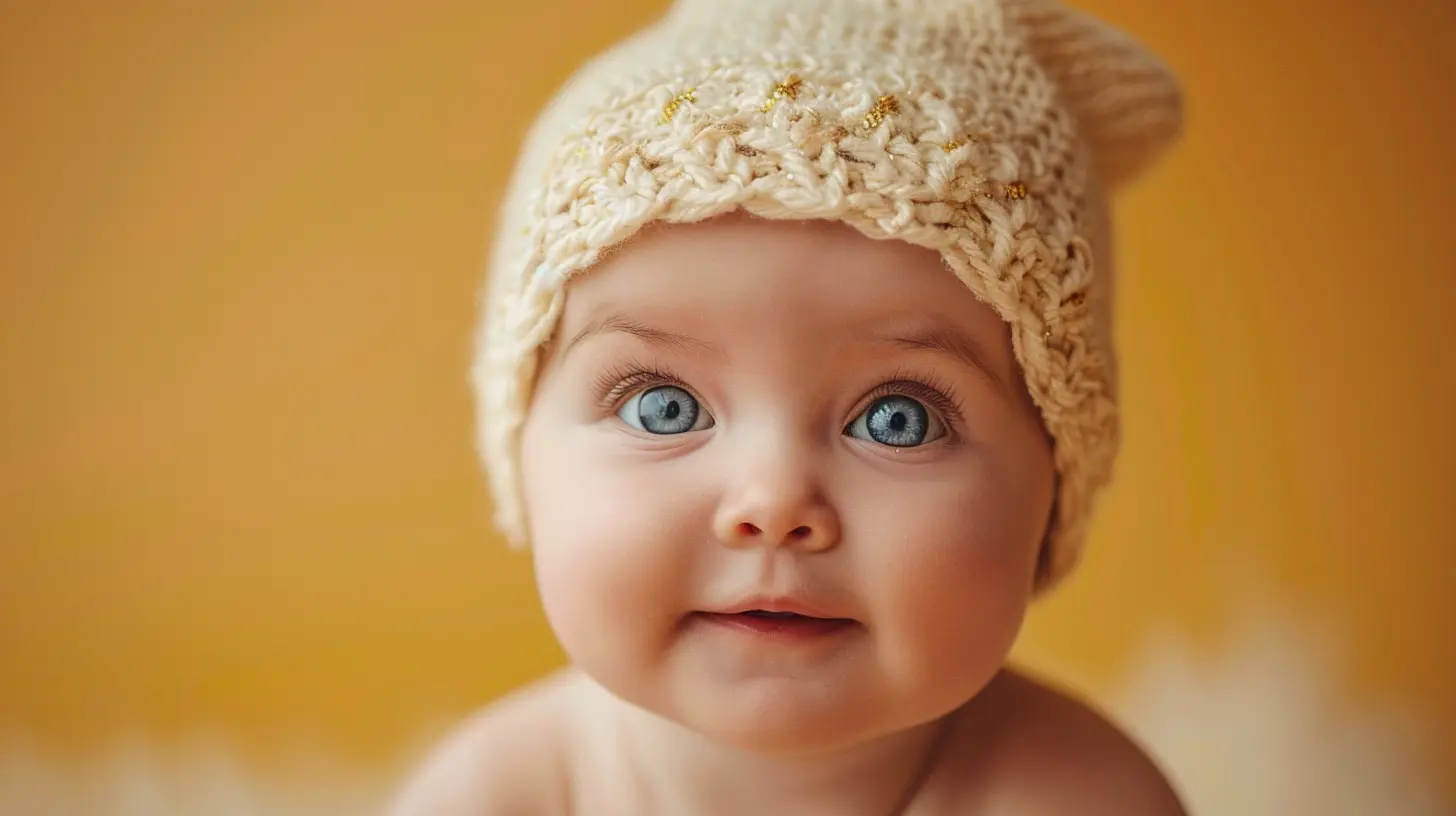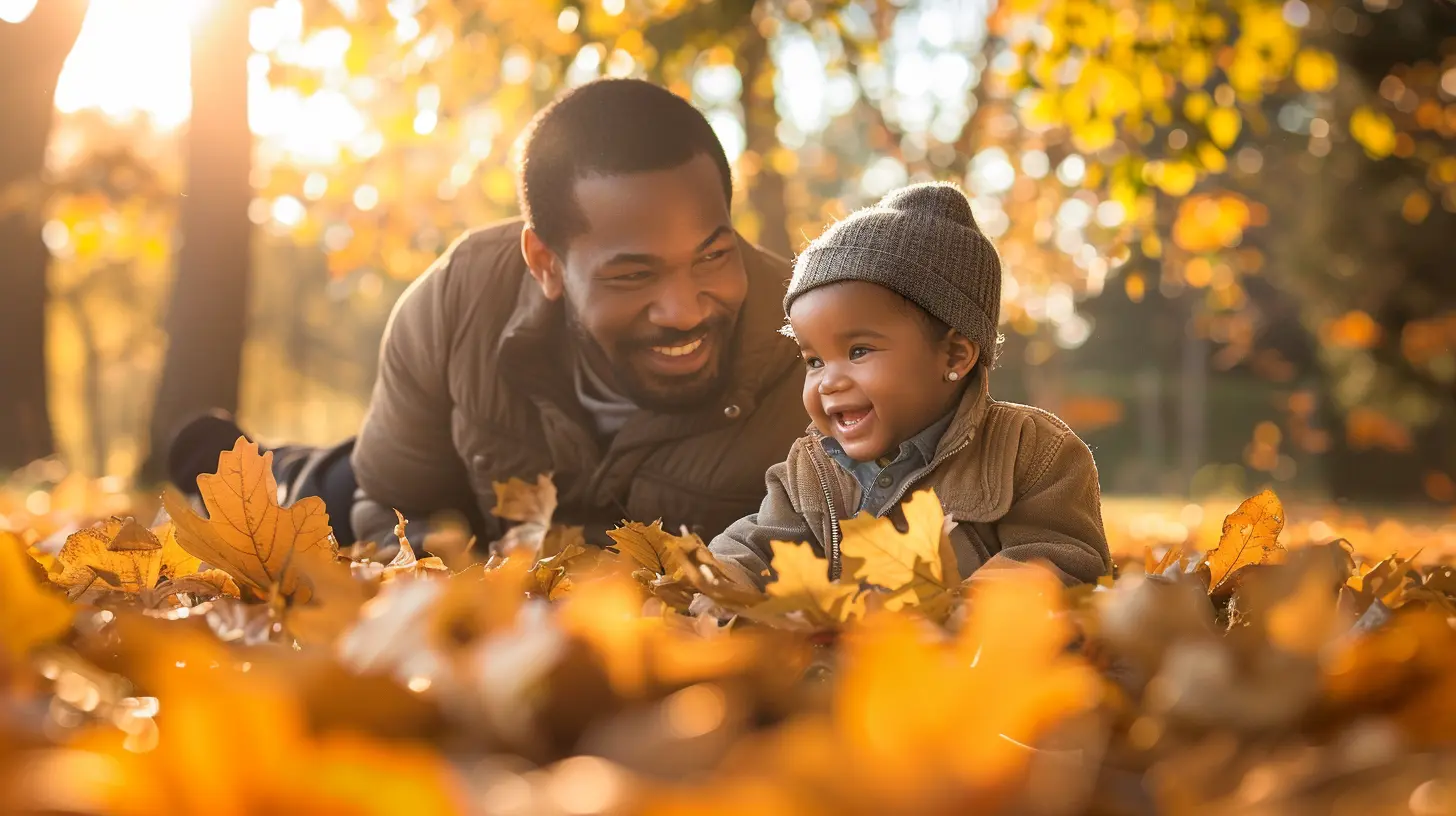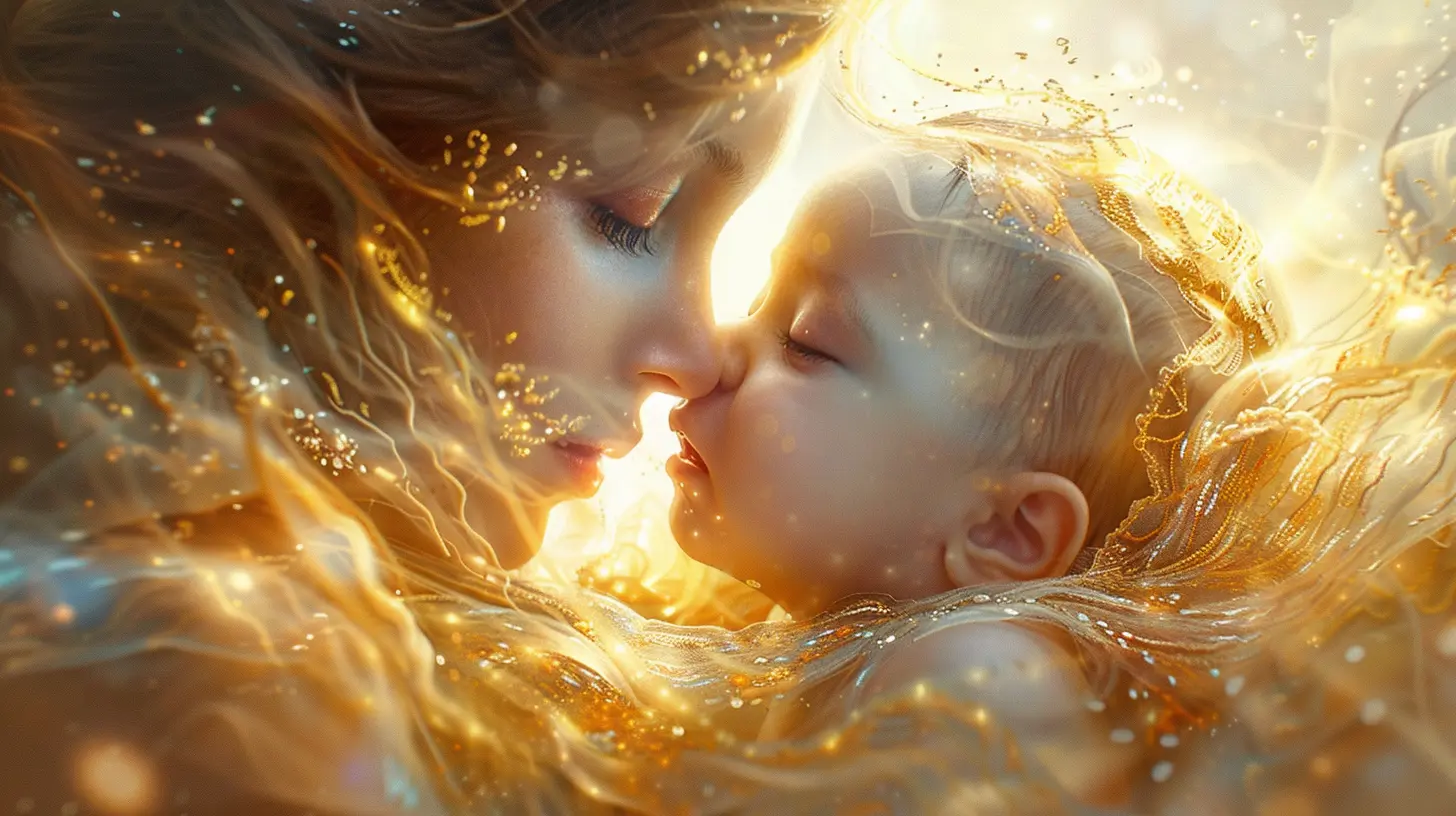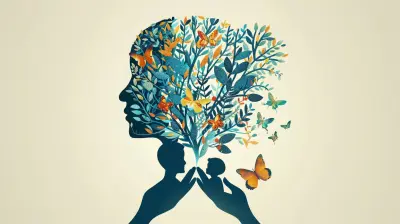How Early Social Interaction Shapes Your Baby's Future
3 November 2025
Ever watched a baby light up with joy when they see a familiar face? Or how they babble and coo when you respond with a smile or silly voice? That little exchange—although it may seem small—is doing something incredible behind the scenes. It’s laying the groundwork for your child’s future.
You might be wondering, "Is it really that deep?" Oh, it is! Social interaction isn’t just about being friendly or learning to make friends later in life. It’s about building the core of a healthy, emotionally intelligent, independent, and capable adult.
Let’s dive into how early social interaction shapes your baby’s future—and why those baby giggles and peek-a-boo games are a much bigger deal than you think.
Why Social Interaction Matters Right From Birth
From the moment your baby enters the world, they’re wired for connection. Within hours, they’re already trying to make sense of your voice, your facial expressions, and even your touch.We humans are social creatures by nature. Babies are born with the instinct to seek out bonding and interaction. They’re not just lying there, passively soaking up their surroundings. They’re active participants, learning and adapting every single day.
This early interaction forms the base for:
- Emotional development
- Language skills
- Cognitive growth
- Self-confidence
- Relationship building
That’s a lot for such tiny humans, huh?
The First Year: More Than Just Cuddles And Coos
0–3 Months: The Foundation Begins
Okay, here’s the deal. In these early weeks, your baby might not be chatting with you (unless you count adorable gurgles), but they are absorbing everything.Eye contact? It’s not random. It helps develop trust and encourages bonding. Your baby is learning that when they look at you, you respond—and that’s powerful. This response teaches them cause and effect, a basic but vital part of problem-solving down the road.
Even just holding your baby when they cry is a social act that tells them: “You matter. You’re safe. You’re loved.”
4–6 Months: Reading Your Baby's Cues
Ever noticed your baby smiling more, reaching out to touch your face, or laughing when you tickle their belly? These aren’t just cute moments to put on Instagram (though those are totally share-worthy). They're real attempts at communication.At this stage, babies start to understand emotional cues. They’re watching how you respond to their emotions—and learning how to respond to others. This is the starting point for empathy.
Social Play: The Brain's Personal Trainer
By 6 to 12 months, babies are starting to become more social. They enjoy peek-a-boo, passing toys, and maybe even showing signs of shyness around strangers. What’s happening here is actually brain magic.Social play boosts neural pathways. When your baby anticipates your reaction, waits for a laugh, or mimics your expression, their brain is firing on all cylinders.
Think of it like a workout for their neural networks—the social gym, if you will.
What's Really Happening in the Brain
Let’s geek out a bit—but just a little, promise.The human brain is about 80% developed by the age of three. During these years, experiences shape the physical structure of the brain. Through social interaction, the brain builds synaptic connections—those nifty little bridges that help information travel faster.
Repeated positive interactions don’t just teach your baby a few tricks; they literally mold their brain. Loving social engagement helps develop:
- The prefrontal cortex (for decision-making and emotional regulation)
- The hippocampus (for memory)
- The amygdala (for emotion)
In short, the more quality social interaction your baby gets, the more emotionally secure and mentally capable they’ll grow to be.
Communication and Language: It Starts With “Hi, Baby!”
You might think language development starts when your baby says "mama" or "dada." But it actually begins with that first coo, that first back-and-forth exchange of sounds.When you talk, sing, or even narrate what you're doing (“Now we’re changing your diaper—yep, that’s a stinky one!”), you're feeding your baby's growing understanding of language. This is the foundation of literacy, storytelling, and social conversation.
Sure, babies don't need grammar lessons—but they thrive on human voices. Especially your voice.
The more you speak and interact, the better your child’s language and communication skills become. Talk. Listen. Repeat. It’s really that simple (and that impactful).
Emotional Development: Safe Spaces Create Secure Souls
Ever hear the term “emotional intelligence”? It’s the ability to recognize, understand, and manage emotions—not just your own, but others’ too. And it's now considered as important as academic intelligence.Babies learn this crucial skill through early emotional interactions.
When your baby gets upset and you soothe them, they’re learning:
- What emotions feel like
- That emotions are manageable
- That someone will be there for them
These early experiences build a secure attachment. And kids with secure attachments? They’re better at handling stress, more resilient, and more confident when they step into the big wide world.
Confidence and Problem Solving: The Social Advantage
Here’s a wild fact: Babies who are engaged socially tend to explore more. And when babies explore, they learn how to solve problems.Positive social interactions make babies feel safe—and when they feel safe, they’re more willing to take risks like crawling to a new toy, trying to stack blocks, or approaching new people.
Socially engaged babies learn that failures are not the end of the world; they’re just part of the process. That’s a huge lesson that leads to perseverance, independence, and creativity.
Siblings, Playdates, and Group Settings
Now, if you’ve got other kids at home or take your little one to daycare or mommy-and-me groups, those are golden opportunities for more social learning.Interacting with other children (even if it's just staring and grabbing toys at first) helps your baby:
- Practice empathy
- Learn to share (eventually!)
- Recognize social cues
- Understand different perspectives
Keep in mind: It’s not about quantity, it's about quality. Even simple hangouts with cousins, neighbors, or park pals can enrich your baby’s social experience.
Screen Time vs. Face Time (Not the App, Real Face Time)
We live in a digital world, and yes, we’re all guilty of checking our phones more than we should—but babies need real, face-to-face interaction.Screens can’t substitute for human connection. Television shows and baby-learning videos don’t offer that back-and-forth exchange that develops brain function. It's like expecting to learn to dance just by watching TikToks without ever moving your feet.
The best interactions are reciprocal. You talk, baby responds. They giggle, you mimic. That loop is irreplaceable.
So, while a little screen time won’t doom your child, the more real-world interactions they get, the better they’ll thrive.
What You Can Do To Encourage Early Social Development
Good news: You don’t need fancy toys or expert training. You already have everything your baby needs—your love and your attention.Here are a few simple ways to boost early social interaction:
1. Talk All Day Long
Narrate your day. Describe what you’re cooking. Ask silly questions. Even if they don’t respond with words, they’re still listening and learning.2. Make Eye Contact
Look right at your baby when you’re talking. Eyes are emotional highways—babies read a ton just from your gaze.3. Imitate Them
When your baby coos, coo back! That mimicking invites more interaction and helps their verbal development.4. Play Interactive Games
Peek-a-boo, pat-a-cake, or even a simple game of pass the rattle. These encourage turn-taking and social connection.5. Encourage Play With Others
Playdates (even short ones), baby groups, or family gatherings all offer priceless lessons in socialization.6. Respond with Love and Patience
When your baby cries, fusses, or babbles, respond. That consistency builds trust, emotional regulation, and social confidence.Final Thoughts: The Power Is In Your Hands
Here’s the heart of it all: Your baby’s future begins with today’s cuddles, conversations, and connection.You don’t need to be a perfect parent. Nobody is. All it takes is being present. Showing love. Engaging with your baby when it counts—which is nearly all the time.
The way your baby learns to love, trust, communicate, and relate to others? It’s all shaped in those early months and years… by you.
So the next time you find yourself singing a silly song for the tenth time, or repeating “uh-oh!” like it’s a national anthem, just smile. You’re not just entertaining your baby—you’re shaping their future in the most powerful way.
all images in this post were generated using AI tools
Category:
Infant DevelopmentAuthor:

Maya Underwood
Discussion
rate this article
1 comments
Melina Roberts
Who knew that playdates could be prepping our little ones for world domination? Early social interactions: the secret sauce to raising future leaders—and maybe a few tiny comedians along the way!
November 9, 2025 at 4:53 AM

Maya Underwood
Absolutely! Early social interactions are crucial for developing vital leadership skills and creativity in children. Who knows what future talents those playdates will inspire!


